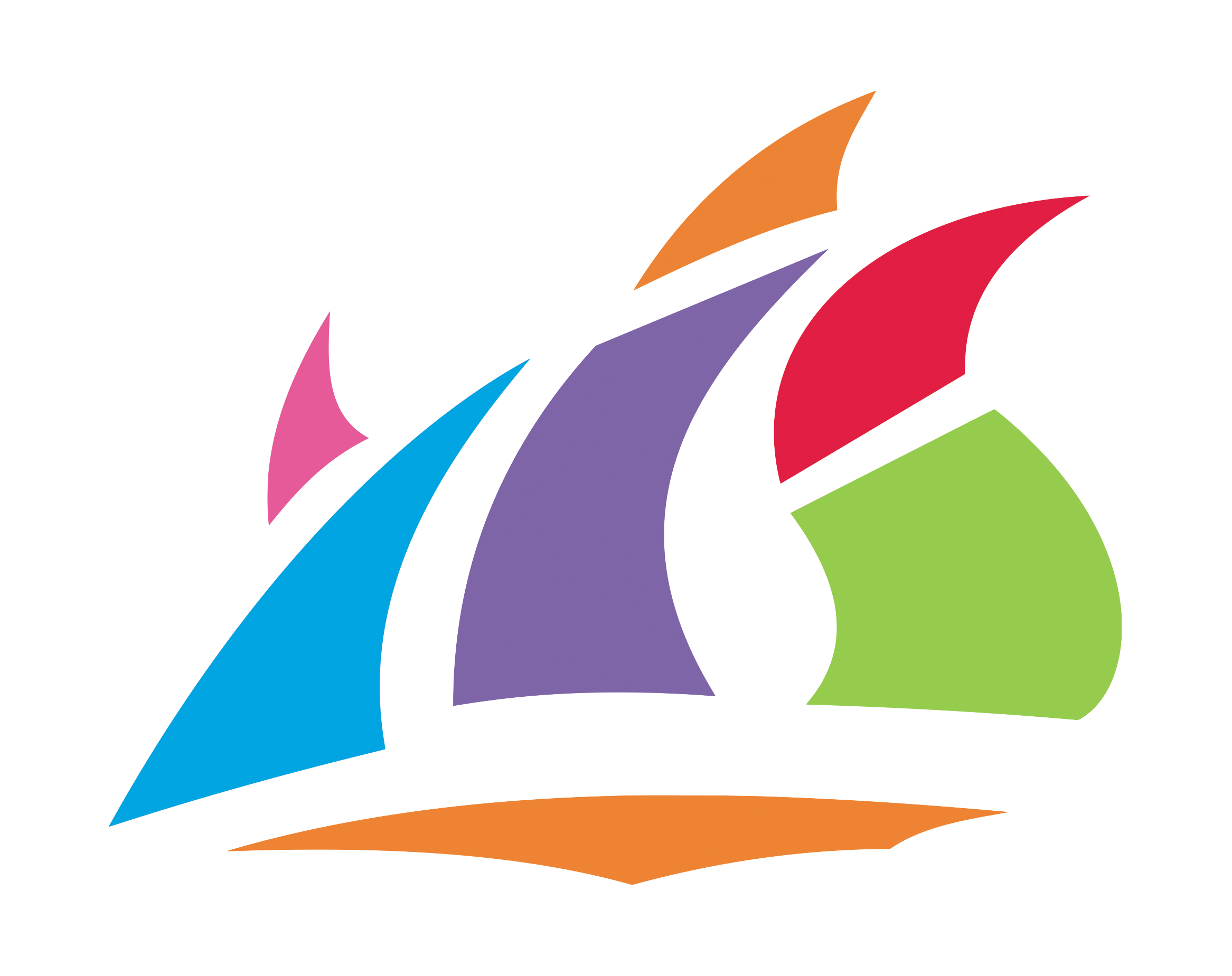GRADE 7 TO GRADE 10
The MYP curriculum
The Middle Years Programme (MYP), for scholars aged 11 to 16 (Grade 7 to Grade 10), aims to help students develop their own personal understanding, their sense of self and their responsibility in their community. With a focus on specific subjects as well as interdisciplinary learning, students learn to inquire deeper, to draw on their creativity to interpret their findings, and to become reflective thinkers who are very conscious of the world around them.
There are eight subject groups within the MYP framework:
Language and Literature
Language Acquisition
Individuals and Societies
Mathematics
Sciences
Physical and Health Education
Design
Arts
Approaches to learning
There are eight subject groups within the MYP framework: Language Acquisition, Language and Literature, Individuals and Societies, Sciences, Mathematics, Arts, Physical and Health Education, and Design. Unifying these subject groups is a thread we call “Approaches to Learning” (ATL) which, by encouraging students to apply their social, thinking, research, communication and self-management skills, provides a solid foundation for independent learning.
global contexts
Students learn best when they make practical connections between their studies and the real world, so the MYP focuses on encouraging students to make these connections. The program uses Global Contexts to help students develop an understanding of their common humanity and shared guardianship of the planet through explorations of:
Identities and relationships
Personal and cultural identity
Orientations in space and time
Scientific technical innovation
Fairness and development
Globalization and sustainability
By encouraging students to inquire into local and global issues, the MYP aims to develop internationally-minded young people who are creative, critical and reflective thinkers.
Assessment
Assessment in the MYP is criterion based, meaning that students are measured against criteria prescribed by the IB for each of the subject groups. Tasks are then designed by teachers and internally assessed according to the criteria. Teachers provide students with tasks and task-specific clarifications to help them to understand the requirements of the task.
For students, there are many advantages of criteria-based assessment:
By reading the descriptors and clarifications, the students can focus on what is expected of them.
When students have a more detailed understanding of what is expected of them, their performance improves.
When a task is assessed using a rubric (a written description of what is expected of a student in order to get a specific grade), students get more specific feedback acknowledging the aspects of the task they did well on, and giving guidance for how to reach the next level.
Criterion-based assessment acknowledges that learning is a dynamic, ongoing process and that grades reflect what students know, understand and are able to do at that specific point in time.
Students are able to reflect more knowledgeably and set specific action goals to further their own learning.
personal project
The culminating Personal Project, which is required of all Grade 10 students at YIS, gives students an opportunity to explore a topic of personal interest. This infuses passion and genuine inquiry into their learning within the framework of an independent project, under the guidance of a supervising teacher.
MYP e-assessment
Students in Grade 10 are required to take externally moderated exams in order to be eligible for the MYP certificate, issued by the IB. These exams are conducted in April of each academic year and cover a range of subjects, including interdisciplinary understanding.
afternoon enrichment program
Our afternoon program of creative, athletic and mind-challenging activities has been designed to enhance an engaging and well-rounded education for students. Offerings (which are subject to change based on student interest and instructor availability) include basketball, traditional archery, debate club, yoga, Dutch language, computer programming, writing lab, visual arts club, ballet, football, community service activities and international cooking classes. The Afternoon Enrichment Programme is mandatory, and begins early in Term 1 of each academic year.

